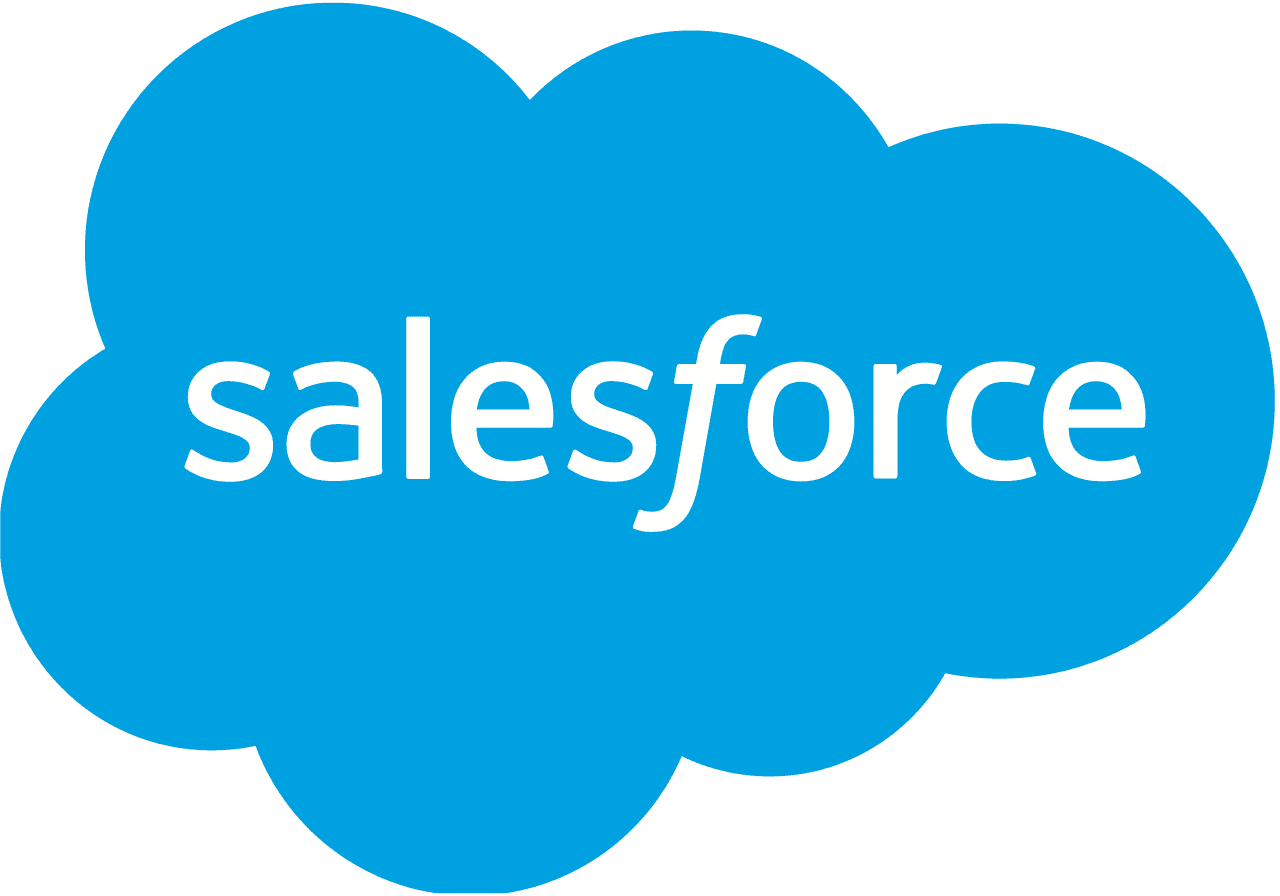Hiring a Salesforce Administrator has never been so simple.
You just opened the door to 2K+ Freelance Salesforce Admins from top companies around the world. All vetted by a team that has lived and breathed Salesforce for a decade. Welcome to FoundHQ.
How It Works Here
There wasn't a fast, easy, and transparent way to hire the Salesforce Admins you need. So, we created it.
Kickoff
List a Salesforce Position or Book an Intro Call
Review Shortlist
Within 48 hours, we will recommend 3-5 matches
Schedule Interviews
Meet as many Freelancers as you need before selecting.
Start Working
We manage compliance and payroll, so you can just work.
The Best Salesforce Admins. All In One Place.
10 Years and 60,000+ Salesforce Interviews in the Making.
We did the heavy lifting - you just hire who you like best.
Global Access Made Simple
Hire Admins onshore, nearshore, offshore, or adopt a hybrid model.
|Browse from 30+ countries
🇺🇸
United States
🇦🇷
Argentina
🇧🇷
Brazil
🇨🇴
Colombia
🇮🇳
India
🇺🇦
Ukraine
Get Matched to 2.5K World-Class Admins
Our skills matrix allows us to pinpoint the exact experience you need across Salesforce and your broader internal tools portfolio.

|Browse Admins by Product Expertise
1.7K+
Sales Cloud
1.5K+
Service
1K+
CPQ
700+
Non Profit
600+
Marketing
100%
Pre-Vetted
Comprehensive Consultant Insights
15+ datapoints on each Consultant, including work history, product focus, rate, certifications, and more.
Full Market Coverage
An Admin network covering every industry, growth stage, and Tech Stack.
Search by specific Orgs

Deloitte
50+ Freelancers

MongoDB
10+
Browse

DoorDash
10+
Browse

Salesforce
50+
Browse

Okta
15+
Browse

Stripe
10+
Browse
Salesforce Depth
At least 200+ Consultants for every industry or product
Flexible Availability
From 5 hour/week Freelancers to FTEs and dedicated teams
Proven Experience
Talent is from the top companies. (We still put them to the test 👇)
Growth Stage Specific
Hire for the exact need, be it 100 user startups or 10K+ user orgs
Tactical & Strategic
Skill sets ranging heads down builders to seasoned Architects
30+ Countries
Support a global user base or hire abroad for cost-efficiency
Stakeholder Facing
Majority of our network has been in stakeholder-facing roles
FoundHQ Knowledge
Over a decade building teams for Partners, ISVs, and Customers

Get Matched to the Right Salesforce Consultant
FoundHQ is the easiest way to get work done in Salesforce.
How We Vet Our Salesforce Talent
A big network and fancy logos on a resume are a great start. But that's not enough. We put every Consultant to the test before recommending them for any project.
Pricing That Just Makes Sense
Complete transparency and no surprises.
We surface the best talent. You choose who fits your budget.
What You Get From FoundHQ
Combining the expertise of a Consulting Firm and scale of a Freelancer's Marketplace makes this the best way to get Salesforce work done.
A Network Unlike Any Other
We have established our network of Consultants relationship by relationship over the span of 10+ years.
Every member is there for a reason and they are great at what they do. As a result, we can truly staff any project.
Dedicated Delivery Lead
We carefully oversee every single match between companies and Consultants by taking the time to understand every project and ensuring you have visibility into the best Consultant to tackle it.
Absolute Flexibility
Our model allows you to select your Consultant, scale utilization up or down, add or remove resources as needed, and more - all in a moment's notice. You’re in total control of the scope and spend from beginning to end.
Guide to Hiring a Salesforce Admin
Hiring the right Salesforce Admin is one of the most critical aspects to managing Salesforce and sets the entire foundation for your user's and stakeholder's success on the platform.
FAQs


Get Matched to the Right Salesforce Consultant
FoundHQ is the easiest way to get work done in Salesforce.
















